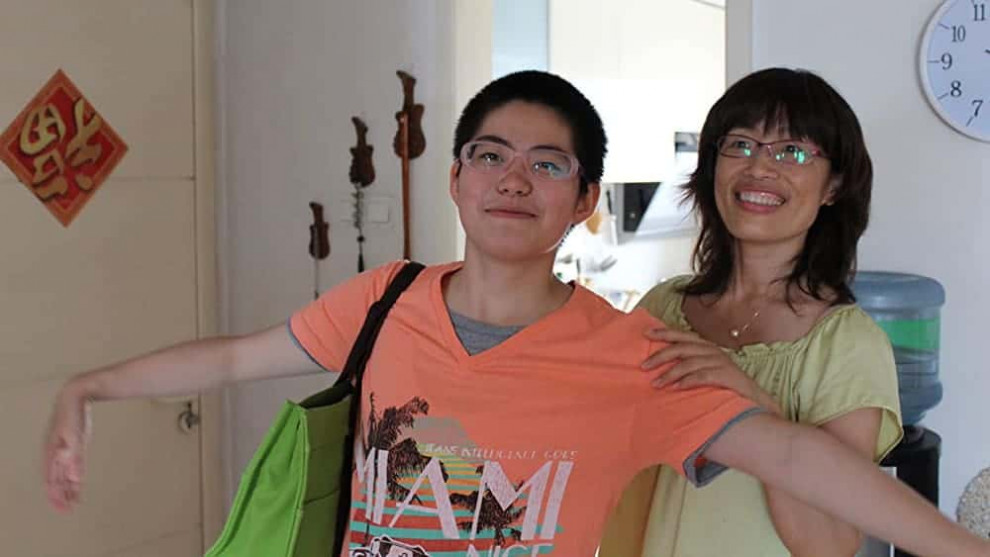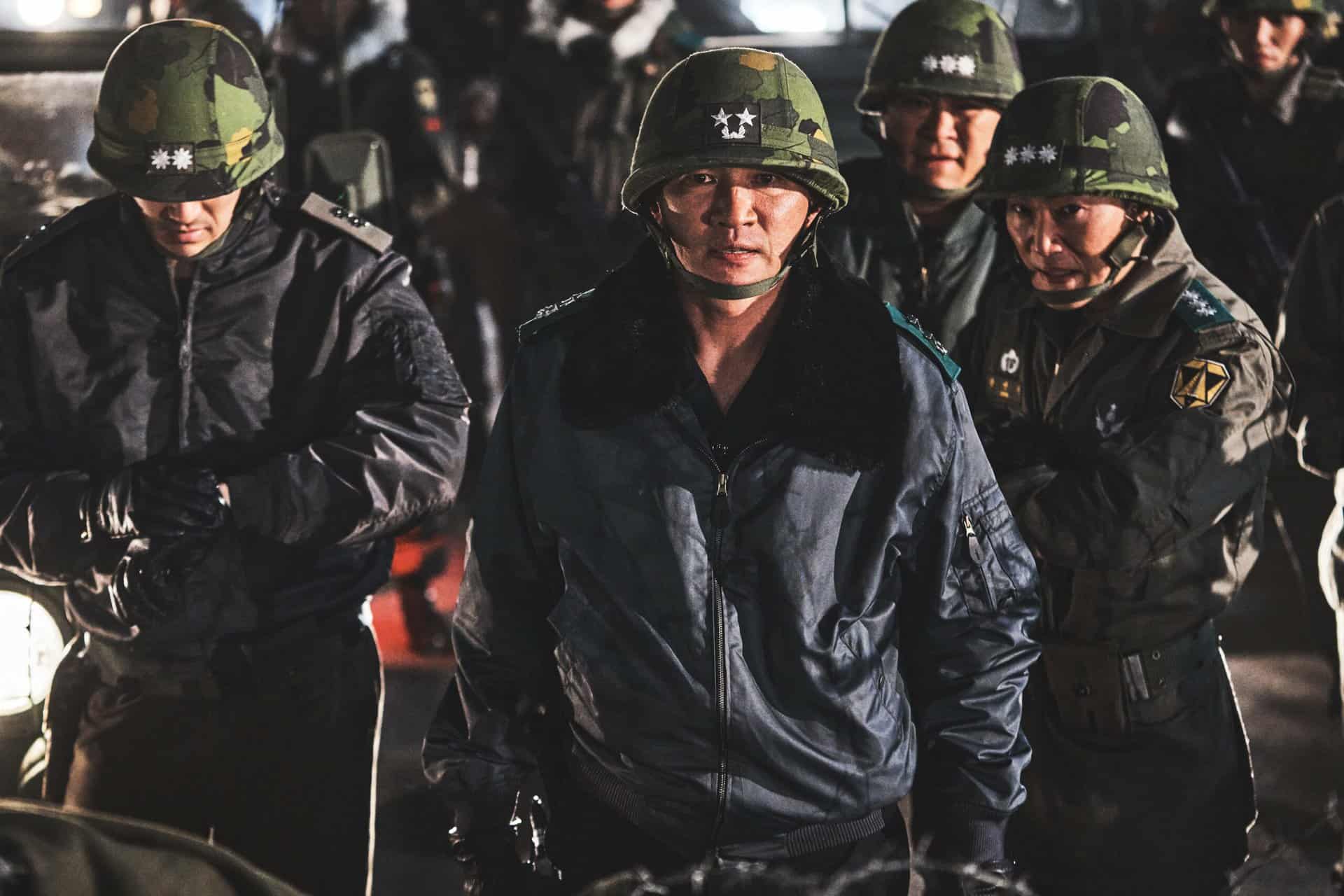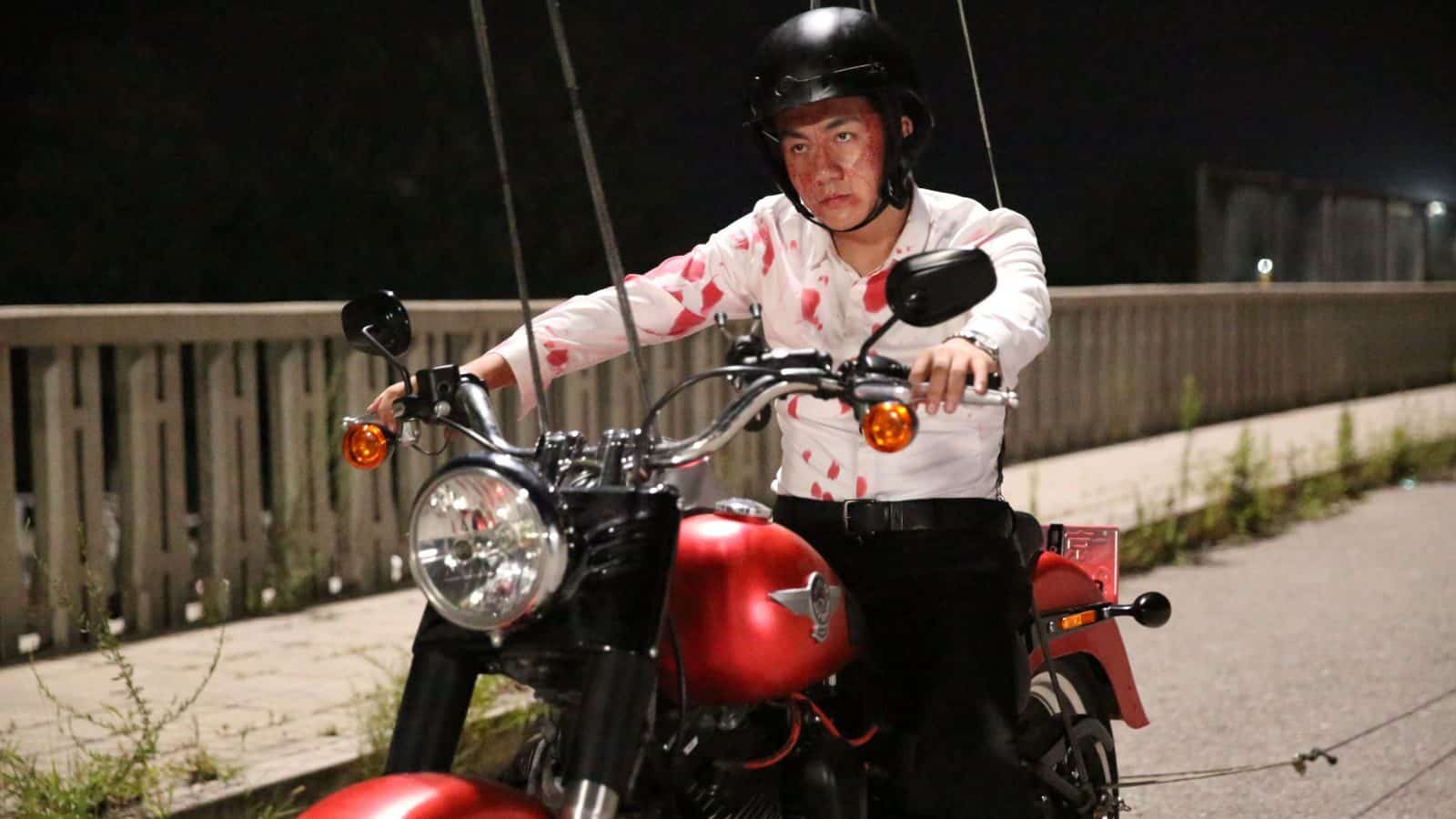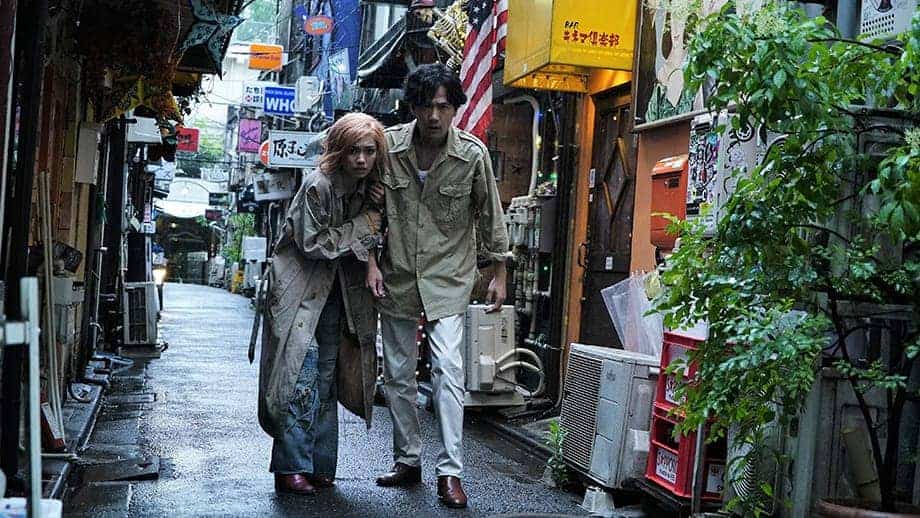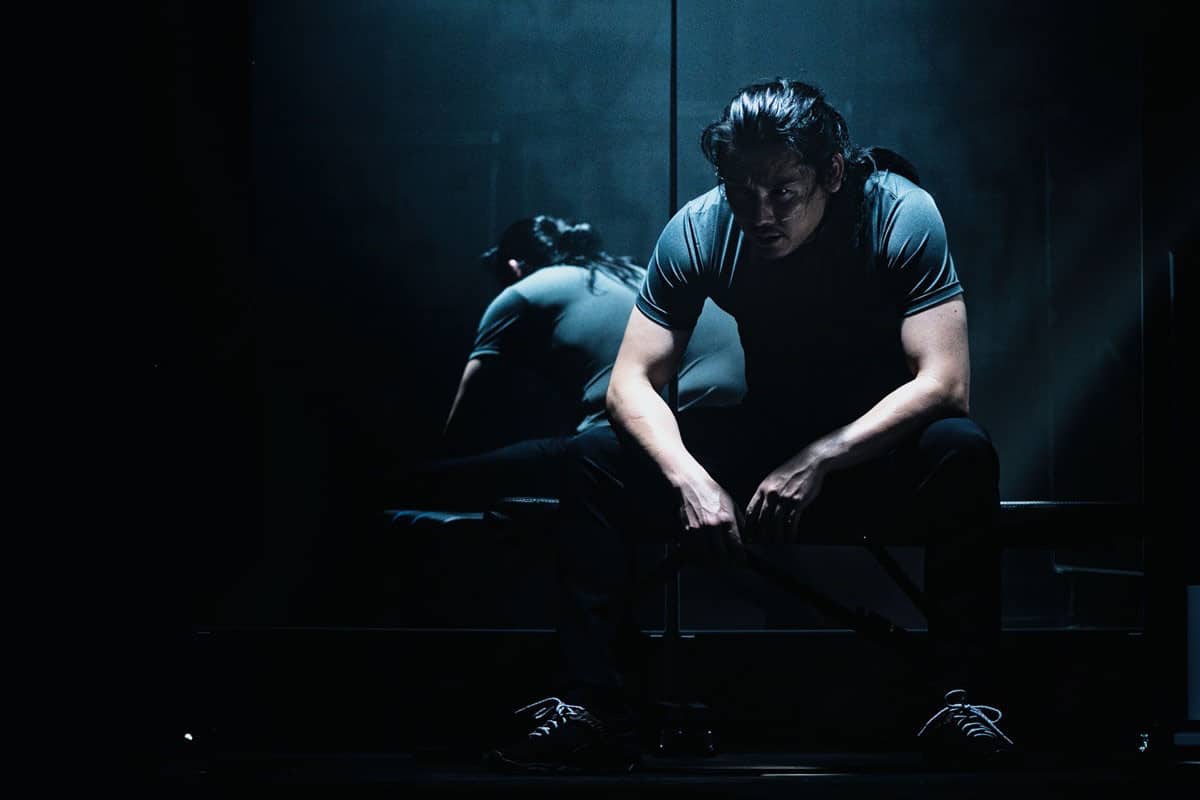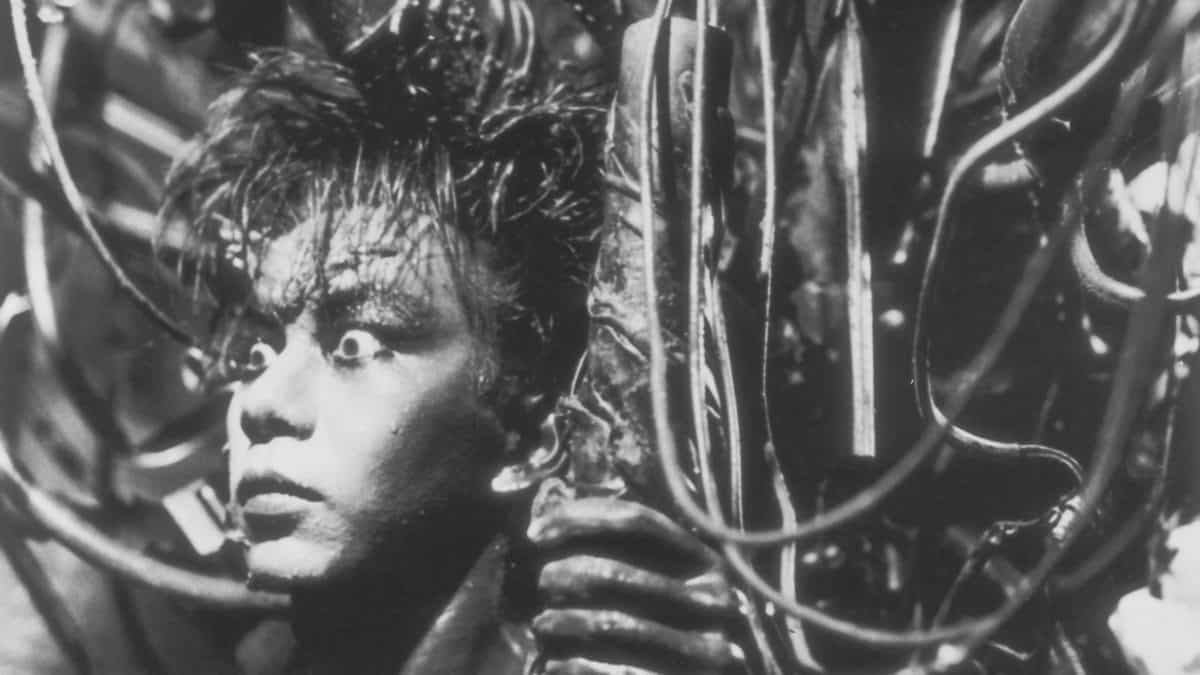In this uplifting and touching documentary, filmmaker and gay rights activist Popo Fan follows six “mamas” and their gay sons and daughters and allow them to tell us about their personal experience of acceptance and empathy. Homosexuality is a sensitive issue in China; it is not illegal but often frown upon and its cinematic representation almost nonexistent. The strongly family-centered Chinese society is one of the main pressures that gay people have to face in a culture where a heterosexual marriage blessed by children is considered a life's final destination. Despite discussions on the issue of same-sex marriage emerging in China (at the moment there is only a “guardianship agreement”) and the public opinion towards LGBT+ people is becoming more tolerant, homosexuality is still a stigma for many people who must resort to lies or silence in order to avoid troubles. As the documentary immediately remarks, their families also suffer and find it difficult to talk to others about it.
“Mama Rainbow” is available as part of Queer East HomeSexual Edition on Demand 18 April – 17 May.
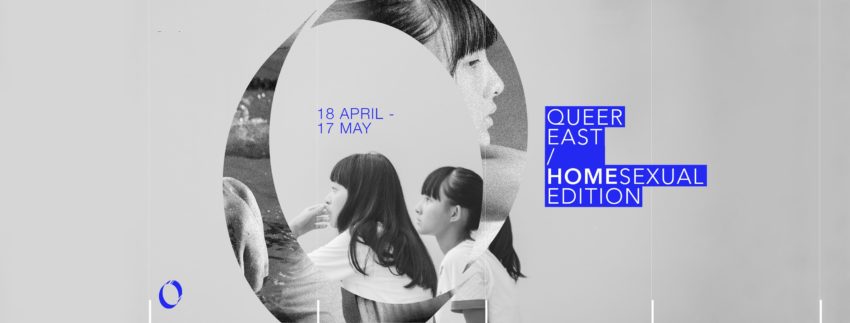
“Mama Rainbow” starts with a collage of opinions taken from people in the street, some condemning or dismissing homosexuality as a disgusting practice, other showing a more tolerant point of view and when asked about the possibility of their offspring being gay, they reply that the most important thing is the happiness of their sons and daughters. They are being honest – isn't it what all the parents want? – yet it's easy saying, a bit more difficult putting it into practice. Mama Zhao, tears in her eyes, is the first mama to tell us about her unhappiness of seeing her dream of a nice wife and children for her son being shattered; he couldn't endure a façade marriage and came out. After slowly accepting the situation, she still suffers for not being able to talk with the people in her social circle, asking her why her son is still single, and explain that.
This gloomy note is soon followed by the sunnier experience of an unusual family bundle. In Beijing, Meiyi's daughter has been dating a girl, Dian Dian, for a while and now they live together in Meiyi's family home. Mama Meiyi is very close to Dian Dian, she is like a daughter to her, and she is proud of the girls' relationship. She explains that she never had issues with homosexuality, but she always thought it was a western children's fashion and she jokes about the brainwash she went through, from her “daughter in law”. Dialogue and openness are the key here and watching Dian Dian dealing with her own mother Huanglin is enlightening to understand her positive attitude. Their relationship is very sisterly and open, and we can see that her background is a middle class and well-educated family.

Meanwhile in Shanghai, Sister Mei and her son Wugui talk about their rapport and how Wugui came out to her after “preparing” the ground and planting the seeds over the years. Eventually it wasn't a surprise for Mei and she is now an active member of PFLAG (short for Parents, Families and Friends of Lesbians and Gays of China) helping other parents to deal with acceptance. In Fuzhan, Mama Xuan wasn't so happy when her son (or, better, her son's boyfriend) told her he is gay but she is now brave enough to talk in front of the PFLAG's Convention's audience, and tell a very sad tale of bullying and violence towards her son, ended with his undeserved expulsion from school, under the teachers' approving eyes.
Two more militant mamas we meet through the film, are Mama Wu, a teacher and writer whose book convinced Mama Zhao's son to ditch his impending “fake” marriage and to live his life and happiness fully. With her blog, books and hotline, she is a pioneer in the parent support and founder of PFLAG China. Finally, Mama Jasmin, whose happy daughter Miss S has established the Guangxi Lesbian Coalition and has involved her mum in the hot line first and as organiser later. Watching those two is a real joy, as their natural attitude is disarming and such an inspiring example!

The fil rouge of the movie is the PFLAG China, an organization dedicated to supporting the families of LGBTQ+ individuals, and informing and shifting the perception of the public. Their great educational work done with the families and communities was possible with the help of an army of volunteers; some of them are the Mamas we meet here.
One of the best assets of this documentary is the positivity that springs from it. Despite facing a subject that often deals with pain and trauma – a real emotional earthquake for some families – the director manages to communicate through positive models and convey a great sense of hope. The director is behind the camera and leaves the protagonists of this journey talk freely and interact. The tone is intimate yet joyful and highlights the key-role of dialogue and the importance of family support. And indeed when I say family support, it means also kids supporting their own parents!

This brave documentary wasn't immune to troubles. In fact, no longer after his release it mysteriously disappeared from the major Chinese streaming platforms and it took a lawsuit and a year-long fight to get some answers. Mama Rainbow is an essential tile in the global work towards acceptance and in the fight to loosen the Chinese censors' grip over gay content, and despite few years are passed and things probably got a bit better already, its positive spirit and essence are timeless.


